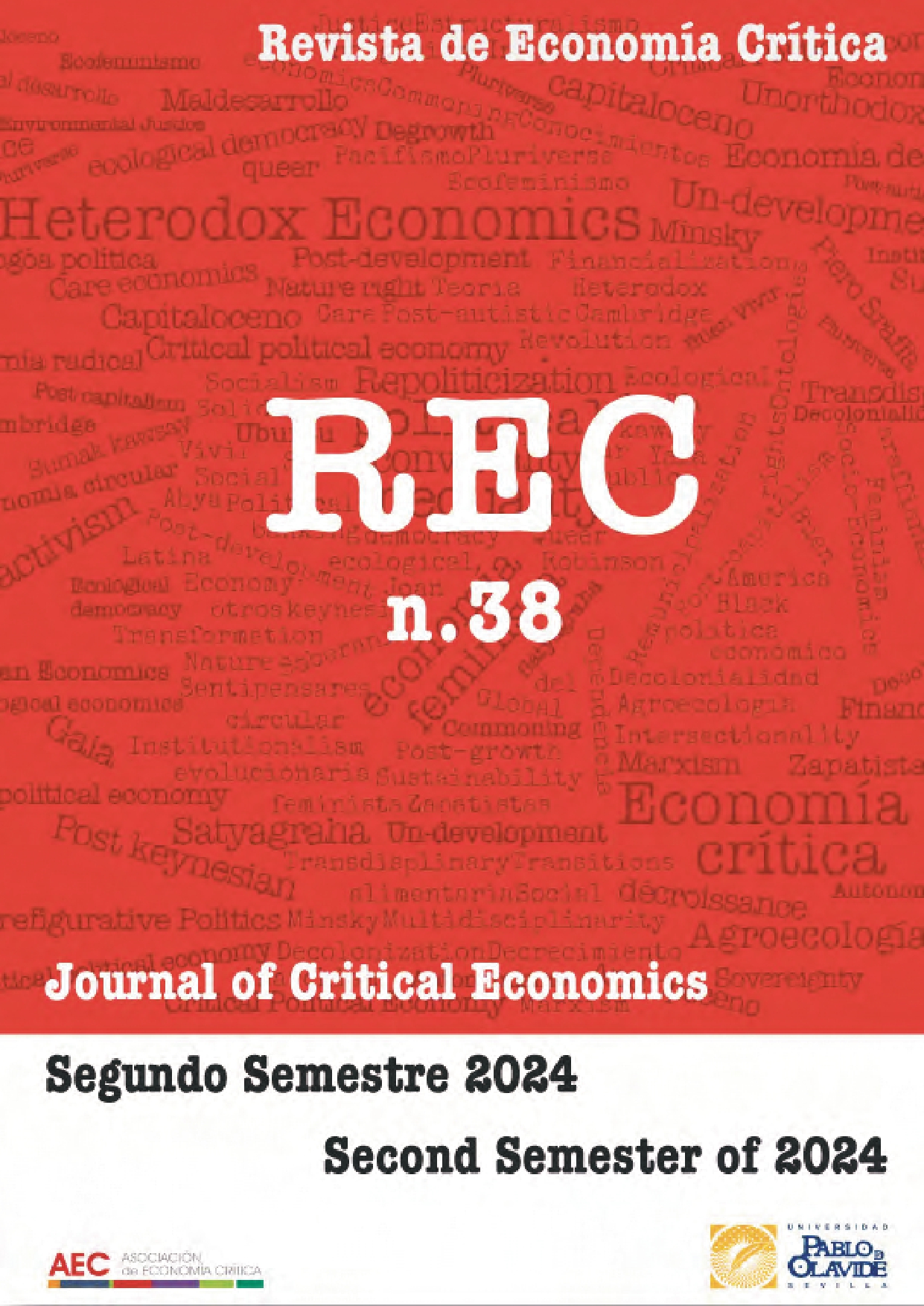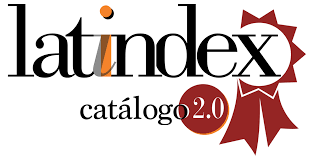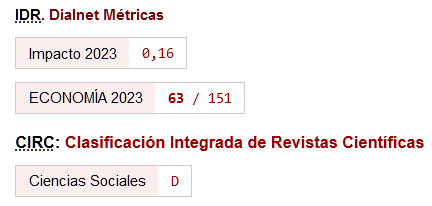Nobel in Economics goes to three researchers for their studies on the prosperity and poverty of nations
DOI:
https://doi.org/10.46661/rec.11367Keywords:
Institutions, Inclusive, Extractive, Power, TechnologyAbstract
This year's Nobel Prize in Economics has been awarded to Acemoglu, Robinson and Johnson, for their studies on ‘how institutions are formed and how they affect prosperity’. The aim is therefore to set out the fundamental elements of the theory they have developed, which seeks to explain the origins of power, prosperity and poverty. To do so, they have used the two books in which the theoretical, historical and empirical arguments underpinning their conclusions can be found. The first book by Acemoglu and Robinson, Why Countries Fail, is analysed more extensively than the second by Acemoglu and Johnson, Power and Progress. The main idea of the former is to consider economic and political institutions as the explanation for the prosperity of some countries and the failure of others. In addition to the exposition of the basic ideas on which they base their reasoning, a critique of this approach is made. As far as the second book is concerned, they raise the contradiction in modern economies between technology that boosts labour productivity, but also leads to greater inequality and poverty.
Downloads
References
Acemoglu, Daron y Robinson, James A. (2012): Por qué fracasan los países, editorial Deusto, Barcelona.
Acemoglu, Daron y Robinson, James A. (2013): “Contra la toma de la política: Ocupantes, Muckrakers y Progresistas” en Byrne, Janet(dir.): Occupy Wall Street, editorial RBA, Barcelona.
Acemoglu, Daron y Johnson, Simon (2023): Poder y progreso, Editorial Deusto, Barcelona.
Bustelo, Pablo (1998): Teorías contemporáneas del desarrollo económico, editorial Síntesis, Barcelona.
Ostrom, Leonor (2011). El gobierno de los bienes comunes, Fondo de Cultura Económica, México.
Piketty, Thomas (2019): Capital e ideología, editorial Deusto, Barcelona.
Toye, John (1987,1993): Dilemmas Development, editorial Blackwell, Oxford.
Downloads
Published
How to Cite
Issue
Section
License
Copyright (c) 2024 Carlos Berzosa Alonso-Martinez

This work is licensed under a Creative Commons Attribution 4.0 International License.
This licence allows third parties to share (copy and redistribute the material in any medium or format) and adapt (remix, transform and create from the material for any purpose, including commercial purposes), provided that authorship and first publication in this journal (The Journal, DOI of the work) is acknowledged, a link to the licence is provided, and it is stated whether changes have been made to the work.







